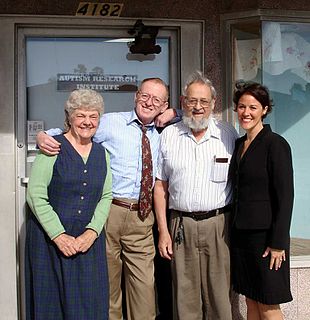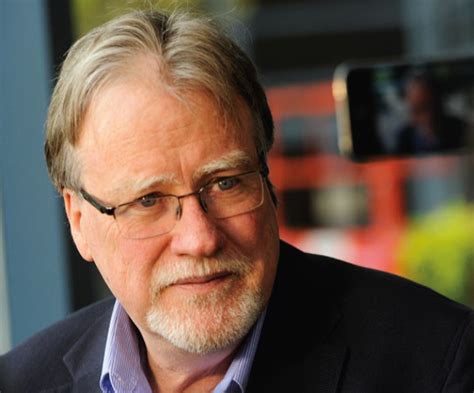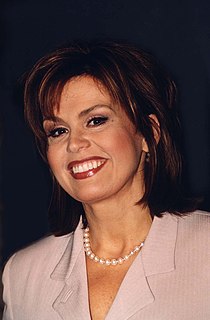A Quote by George Osborne
Related Quotes
My autism is a very mild form. It was diagnosed at the age of 25, partly because it wasn't diagnosable as a teenager (this is Asperger's syndrome, specifically). But there were certainly traits within that condition, within the autism spectrum in general, especially at the high functioning end, that I think are best looked at as pluses.
I think one of the problems with the definition of autism is we keep expanding it. It started as "early infantile autism", and then it became "autism", and now it's "autism spectrum disorder". I'm not opposed to that from the standpoint of trying to broaden our vistas, and so forth. But from a research point of view, the term autism is lost in specificity.
I think that if I could do any sort of research of autism that I wanted to do, at this point I would take a sample of classic, early infantile autism persons and compare them with what I call "classic late onset autism", individuals. I think we will find that the cause of those youngsters with autism who have autism from birth is probably different than those who have late onset autism.
They claim that autism naturally occurs at about 18 months, when the MMR is routinely given, so the association is merely coincidental and not causal. But the onset of autism at 18 months is a recent development. Autism starting at 18 months rose very sharply in the mid-1980s, when the MMR vaccine came into wide use. A coincidence? Hardly!
What do we know about autism in 2013? Autism symptoms generally emerge before age three and usually much earlier, often as language delays or lack of social engagement. Recent research suggests that autism can be detected during the first year of life, even before classic symptoms emerge. Indeed, the symptoms may be a late stage of autism.
Autism isn't something a person has, or a shell that a person is trapped inside. There's no normal child hidden behind the autism. Autism is a way of being. It is pervasive; it colors every experience, every sensation, perception, thought, emotion and encounter - every aspect of existence. It is not possible to separate the autism from the person – and if it were possible, the person you'd have left would not be the same person you started with.
I have a fairly strict definition of early infantile autism. That is not to say that people who don't meet that classic description don't have autism, but we might do well to narrow our definitions, and our samples, down to groups that are very similar, because I think you're more likely to find the cause.




























